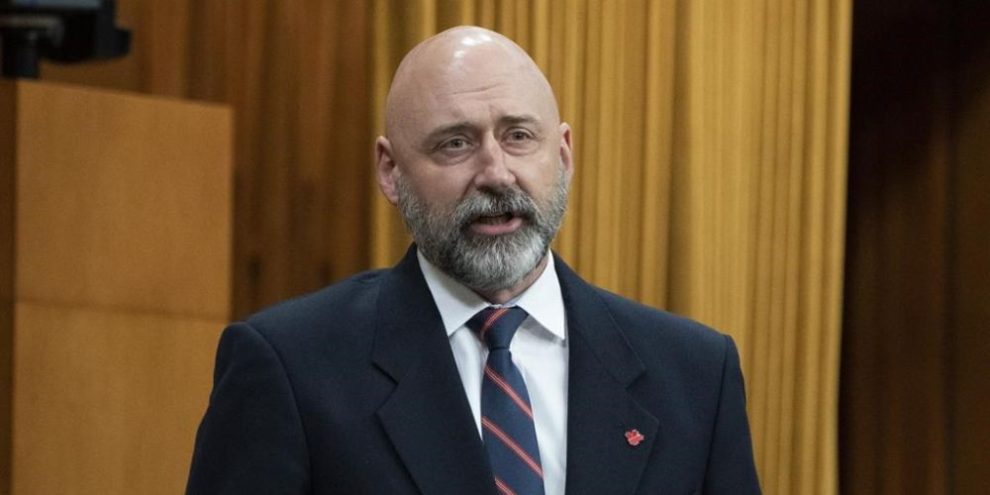
Mia Rabson, The Canadian Press
The federal government’s carbon price could generate more than $5 billion from the federal sales tax over the next seven years, but none of that is directly earmarked for climate programs.
The latest figures come from the parliamentary budget officer. They are based on a private member’s bill introduced last fall by Conservative MP Alex Ruff that would eliminate the sales tax from carbon pricing.
The revenue from the carbon price itself is required by law to be returned to households and businesses through rebates and granting programs.
But that does not apply to the sales tax, which is collected on top of the carbon price.
The PBO estimates that will be worth about $600 million in 2024−25, rising to $1 billion a year by 2030−31 in parallel with increases to the carbon price itself.
In total, that could amount to $5.7 billion between the beginning of this April and the end of March 2031.
The figures include revenues from the eight provinces and two territories that use the federal carbon pricing system, as well as those from British Columbia, Quebec and Northwest Territories, which have their own systems.
Michael Bernstein, executive director of the climate and economic advocacy group Clean Prosperity, says Ottawa could use some sales tax revenue to create new carbon−price rebates.
"We’ve been recommending that they give a tax credit to small business," Bernstein said in an interview.
"Even two years ago, we calculated that there was enough money within the HST on the carbon tax to fund a one−percentage−point reduction in the small business tax rate in provinces where the carbon tax applied."
Bernstein said his organization estimates that small− and medium−sized businesses account for about one−quarter of Canada’s carbon−price revenue.
Under the original plan, they were to get seven per cent of the revenue from the carbon price itself through a couple of different programs. These would help the businesses pay for a portion of the cost of buying energy−efficient equipment, or upgrading buildings and operations to use less fuel.
But one of those programs never happened, and the other had a number of problems that meant very little money was ever paid out.
Ottawa still owes small businesses $2.5 billion from carbon price revenues since 2019.
More than a year ago, Finance Minister Chrystia Freeland said a new plan to distribute those funds was in the works.
That still hasn’t happened.
Last week, the government published the revenue it will return to businesses after this year, and it shows the share going to small− and medium−sized businesses is dropping to five per cent. That’s so the government can increase the rebate paid to rural households.
Bernstein said businesses deserve some help to keep carbon pricing from hurting them financially.
He said they can pass on some costs to consumers, but that can take time, and a tax credit makes more sense than programs that require businesses to spend money and go through an application process.
"If you provide a tax credit, that’s a broad offer of support to every business," he said.
"You’re not requiring them to do more work or to know about the program or to hire a consultant to apply. And they’re at least showing that there’s some return of revenue."
Conservative spokesman Sebastian Skamski said Ruff was not available to discuss his bill.
But he said the Conservatives remain committed to getting rid of carbon pricing altogether, and Ruff’s effort to remove sales tax is just an interim step.
"Until we can axe the tax completely, common sense Conservatives (call on) Trudeau to provide exemptions, pauses and to remove GST from the tax to relieve some hurt," said Skamski.
A spokeswoman from Freeland’s office did not signal any openness to using GST and HST revenues to increase rebates.
In a statement, Katherine Cuplinskas pointed to the household rebates, which will range from a few hundred dollars to as much as $1,800 for a family of four in 2024−25.
Without offering additional detail, she said the government is "committed to returning a portion" of carbon price revenues to businesses, too.
banner image: The Canadian Press





